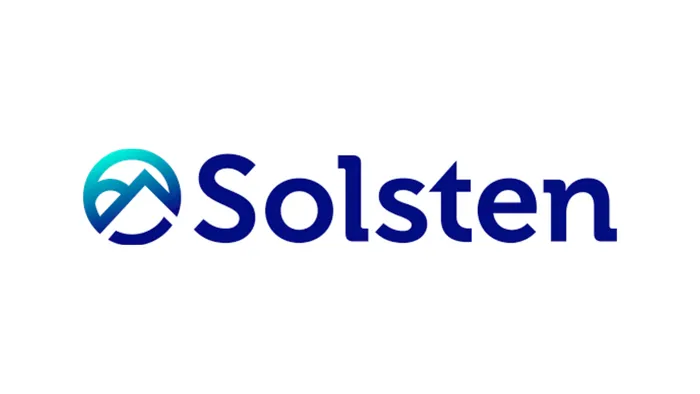
Photo Courtesy of Solesten
Image: Supplied
Solsten’s new platform, Elaris, is shifting what marketers should expect from AI. A world overflowing with AI-generated content has made standing out even harder. Most teams now have access to tools to write faster, sound smarter, and generate content on command. But here’s the thing: does any of it connect with the people you’re trying to reach?
Marketers, founders, and content creators
That’s the question Elaris was built to answer. Created by Solsten, a behavioral science company already known in gaming and consumer tech circles for helping brands decode audience psychology, Elaris brings that same power to marketers, product teams, founders, and content creators.
At first glance, it might look like some other AI writing tools: type in a prompt, get a copy back. But what’s happening behind the scenes is something entirely different. Elaris doesn’t just react to your words. It adapts to the psychology of your audience.
From audience psychology to practical application
Solsten has spent seven years continuously building a proprietary dataset from real people worldwide on human motivation, personality, and thinking styles. It spans more than 100,000 interest groups and 20,000 brands. With Elaris, that data becomes something you can use. It helps you craft content that fits not just what people say they want, but who they are.
A dataset built on how people think
“Most generative AI is trained on what people say,” says Joe Schaeppi, co-founder and CEO of Solsten. “Elaris is trained on why they say it.”
That changes everything. A product description for sustainability-minded Gen Z customers doesn’t just swap in a few trendy phrases; it reflects their values, motivations, and personality. A campaign for high-achieving, novelty-seeking adventurers sounds completely different from one for cautious, security-focused families. This isn’t just surface-level personalization. It’s built on how people think and feel.
Authentic brands, real results
And it works. Solsten’s psychological models have already been used by teams at companies like Sony and Peloton to design resonant experiences. With Elaris, the same insight is now helping shape brand storytelling and marketing strategy.
For marketers who’ve leaned on intuition, demographics, or outdated personas, it raises a bold question: What if an AI could understand your audience better than your tools? Or better than they even understand themselves?
A new standard for audience resonance
Early users say the content Elaris creates is not just relevant. It’s resonant. The voice feels like it belongs to the audience, not just the person behind the brand at that time. What’s clear is that in a world of general AI models, the unique data underneath them is everything.
Using Elaris makes it clear. Elaris doesn’t think like an intern scraping Reddit posts. It feels like your best strategist.
It’s still early days, and the full impact will take time. But in a space crowded with AI that knows how to talk, Elaris is one of the first that seems built to listen and resonate.
